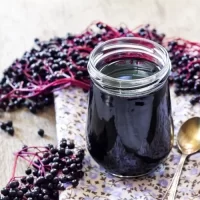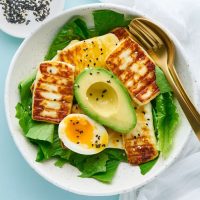The winter months can be difficult for anyone with acne-prone skin. Low humidity and the chilly, dry air can cause your skin to become flaky and irritated by dehydrating it. Furthermore, inclement weather can aggravate your acne by causing outbreaks and irritation. To maintain healthy skin and avoid acne flare-ups during the winter, it’s crucial to modify your skincare regimen.
Gentle skincare techniques, weather protection, and an active lifestyle are all necessary for maintaining healthy skin during the winter. During the colder months, your skin requires more attention, and neglecting it can cause dryness, irritation, and breakouts. You can help maintain your skin healthy, moisturized, and clear during the winter by making a few small adjustments to your regular routine.
Some skin cleansers work best in the summer but poorly in the winter. This is due to the fact that in the winter you require a cleanser that won’t produce dry skin.
Soap and other drying components like salicylic acid and alcohol should be avoided in a proper winter cleanser. An oil-based cleanser won’t clog pores and will effectively remove dirt and oil without going overboard. Try using plain milk, yogurt, or an aloe-based product that has natural components for skin cleansing. Aloe not only aids in skin cleansing but also hydrates and tones your skin just enough.
Steel-cut oats are also a wonderful choice for getting results. Simply let 2 teaspoons of natural steel-cut oats soak for 3 to 5 minutes in 2-3 tablespoons of warm water.Don’t be deceived: Healthy skin is not tight, dry skin. It won’t stop you from developing acne. In actuality, dry, flaky skin merely encourages the production of additional oil, which reacts with bacteria to exacerbate acne.
Even though the light moisturizer you used in the summer worked well for you, your skin may not respond well to it in the winter. This season, give an oil-based moisturizer with noncomedogenic oils like jojoba, almond, avocado, coconut, or olive a try.
And as always, keep an eye out for substances like oleic acid, cocoa butter, and shea oil/butter that could clog your pores.












